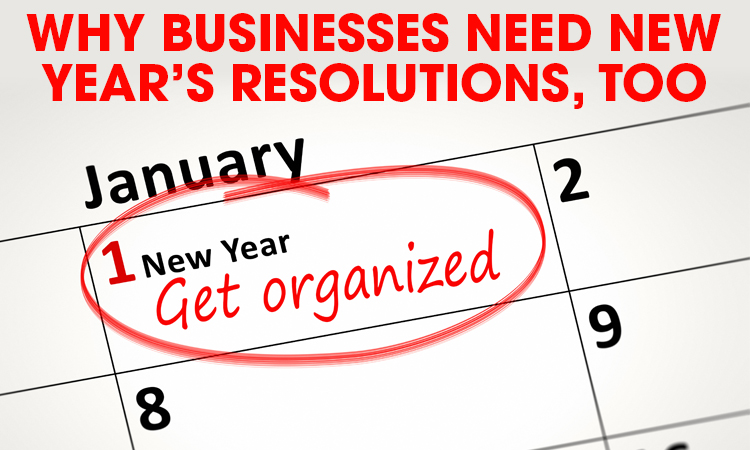
As of January 1st, people have again undertaken the ritualistic practice of pledging self-improvement. Men and women take stock of their current health, wealth, and happiness and decide to make changes in their lives that they hope will positively affect one or all of these circumstances.
New sneakers are purchased; gym memberships are signed; kale is bought in bulk and blended into “super shakes” meant to undo the damage caused by the unhealthy eating habits of yesteryear.
But are these short-term, knee-jerk decisions really the solution to a problem that’s developed over a period of twelve months-or even longer? How can you make this surge of motivation more than a flash in the pan? Are there better ways to adjust your actions to assure you’re setting yourself up to achieve the goals you’ve laid out? Judging from the parameters you’ve set for yourself in the past, are you in a better spot now than you were last year? Subsequently, will you be in a better position next January 1st than you are now?
These are not simple questions to tackle, but for your own benefit you have to approach them objectively. If you are able to say that over the past twelve months, you’ve accomplished what you’ve set out to do, then kudos. You’ve made a plan, stuck to it, and are reaping the rewards sown by the seeds of your dedication. However, if a study done by the Statistic Brain Research Institute  is any indication, you’re 92% likely to have given up before getting the results you wanted.
That’s ok. There’s no shame in failing so long as you are tenacious in your pursuit. I believe the great philosophers Chumbawamba put it best when they said, “I get knocked down, but I get up again. You’re never gonna keep me down.” Dated though this hit single may be, the message is timeless.
So what can we do on a personal and professional level to make sure our results match our aspirations?
Own Your Failures

This is usually the most difficult part of the self-improvement process. Of course, it’s much easier to ignore failures or shift the burden of responsibility to anywhere other than our own shoulders, but facing these mistakes head-on and realizing how much you can learn from them is critical to success. So put down that eraser. Let your mistakes serve as an example of not just what not to do, but also a milestone to look back on and remind you how far you’ve come.
Maybe there were marketing efforts that fell short; campaigns that looked good on paper, but in practice performed miserably. Dig into the specifics of what led to these implosions. Maybe the preparations weren’™t as thorough as you thought. Perhaps you were under short deadlines and as a result, had to cut corners out of haste. Whatever the reason for your campaign’™s failure, it’™s important to learn and grow from it.
Build a Plan

Take the opportunities you’ve identified from the past and craft a blueprint for future endeavors. Though not all projects may be similar, the tactics used in their approach and the tenacity with which you undertake them can be universally applied. Whether you’re trying to lose pounds or gain profitability, you will need to outline the steps you’re going to take to reach these goals. It’s great to know what you want, but it’s even better to know how you’re getting there.
Reevaluate Throughout the Year
As time passes, it’s critical to monitor your progress. Similar to periodically taking pictures to track the progress of fitness goals, a business can and should frequently look at its profit and loss reports, traffic numbers, Domain Authority, Ranking in search results, or any other metric to determine if they are on the path of success, or if they need to make adjustments.
Compare Expectation with Reality

As you near the end of the year, you should look back and reflect on your accomplishments. If you have been diligent in maintaining focus, you should likely see results that align closely with what you anticipated. However, as with any undertaking, If there were areas that were neglected, it’s likely to be reflected in your final product. In these circumstances, the best thing to do is, again, learn from these mistakes and move forward.
In terms of both personal and professional development, resolutions are a great way to build a better “you”. What are some ways your company can learn from the opportunities of last year to implement better practices for 2016? What can you do to ensure that these promises are more than just lip service? How can you prevent these promises from being broken before February?